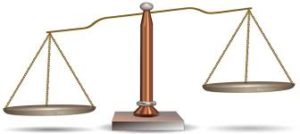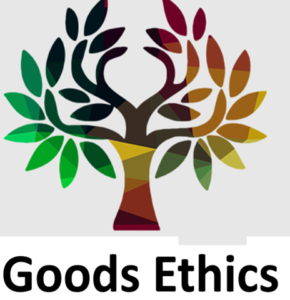The Importance of Competency
It is a basic ethical standard in most professions and industries for one to operate within their field of competence. This is true in law, medicine, psychotherapy, financial advice and more. Professional bodies will often dictate what the minimum standards of competence are, and codes of ethics require or suggest that professionals operate within the individual’s level of competence.
In the first instance, it is up to the individual professional to self-regulate and operate to their level of competence. It is generally accepted that if a professional comes up against the limits of their competence, they refer to the matter to a colleague or someone with the competence to handle the situation.
Competency Withing Your Profession
Professional competence and minimum standards are important ethically in order to protect both the industry from ‘dodgy operators’, and also to protect clients and customers from harm caused by poor practice. This is interesting for the field of ‘doing good’, which is neither regulated nor has suggested minimum standards of competence. It is an area with very low barriers to entry. Basically, anyone can start a charity, community service or business. One does not need a particular set of skills or competence; all they need is an idea. There are bodies like the Australian Community Workers Association that promote and support community workers, including outlining codes of ethics and providing ongoing professional development. Being a member of this body is not a legislated prerequisite for employment in the community sector however.
Role in Society
As a social entrepreneur and long-term do-gooder, I have found myself in numerous situations where I was pushed beyond my level of competence. This was particularly so when I served in the role of CEO. While I had previously built a strong level of competence in service delivery, in taking a leadership and management role there were areas in which I simply had little to no formal experience. As a CEO or entrepreneur, your role is not simply in designing or delivering a service. You engage in financial management, fundraising, governance, people management, conflict resolution and more. Many of the situations one faces in leadership roles can have an ethical dimension to them. In these roles, there are bound to be experiences where one does not know how to respond.
In situations where I was pushed beyond my level of competence, I would in most cases seek out advice from others on how I should approach as situation. In some situations I sought advice from lawyers, in which of course their advice would be almost purely legal in orientation, rather than acknowledge human psychological dimensions to a situation. In other cases I sought advice from other CEO’s. While I could relate to their experience and their advice was generally more rounded, it was still most often informed by and limited to their own past experience. Knowing where to go for sound advice in facing ethical challenges was and can be difficult. It was important to me to have a wide network of people I could turn to, which represented diversity of thinking and experience.
Social entrepreneurship and the community service sector have some particularly interesting ethical dimensions that make this even more significant as an issue. As a lot of community services either explicitly or implicitly focus on improving peoples lives, this can easily cross into areas of vulnerability for both staff and clients. I have met a number of people in my work who either as staff or clients are seeking to heal aspects of their past. In a workplace, it is easy to find situations whereby people require friends, managers, counselors, mentors or therapists. It is important to understand the complexity of roles that one may be called to take on in a workplace or social service, and to operate within the bounds of one’s competence. Playing dual or multiple roles for people can be very confusing and ethically tricky. Indeed, many codes of ethics explicitly advise against playing dual roles.
To take a common example, if you come back from a holiday to Cambodia and want to start an orphanage, perhaps you could consider what experience and skills you have that make you competent to do that. What roles might be required of you in operating such a service? What skills or competences would be required to create, operate and deliver a service to children in often vulnerable situations? How might you respond if you find yourself in a situation where you are operating beyond your level of competence? How might you need to have in your team or network to support in situations like this?
My Suggestions
I’m not necessarily suggesting that entrepreneurship becomes a regulated industry. It is the openness and freedom to operate which allows a certain dynamism. Being conscious of the limits of our competence is important however, and having strategies in place to be able to refer to others is critical. Above all, as Plato says (and often quoted by @uncompromise) “Know Thyself”. Give some thought to your skills and their limitations. Self-knowledge is essential to all ethics.
